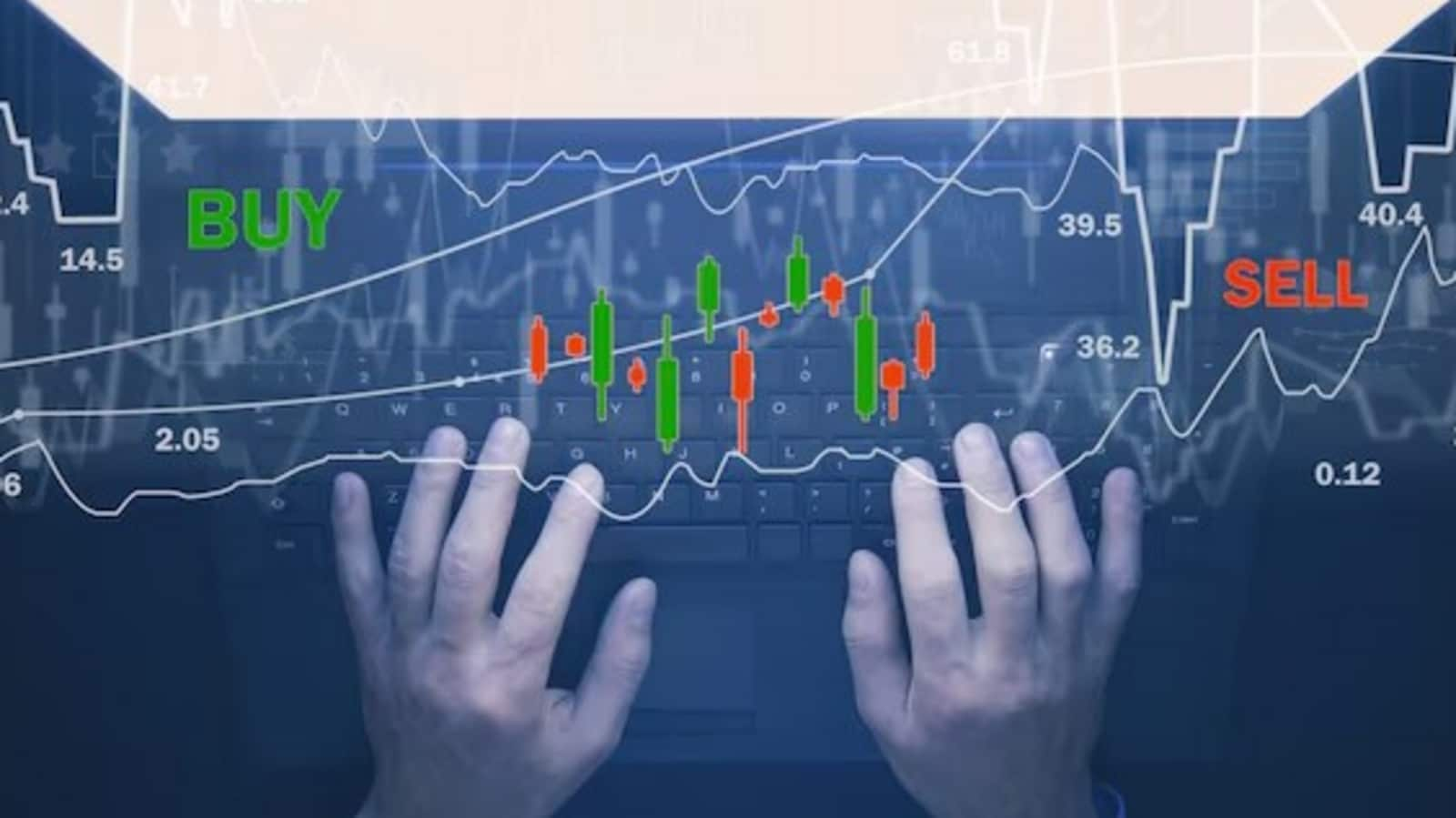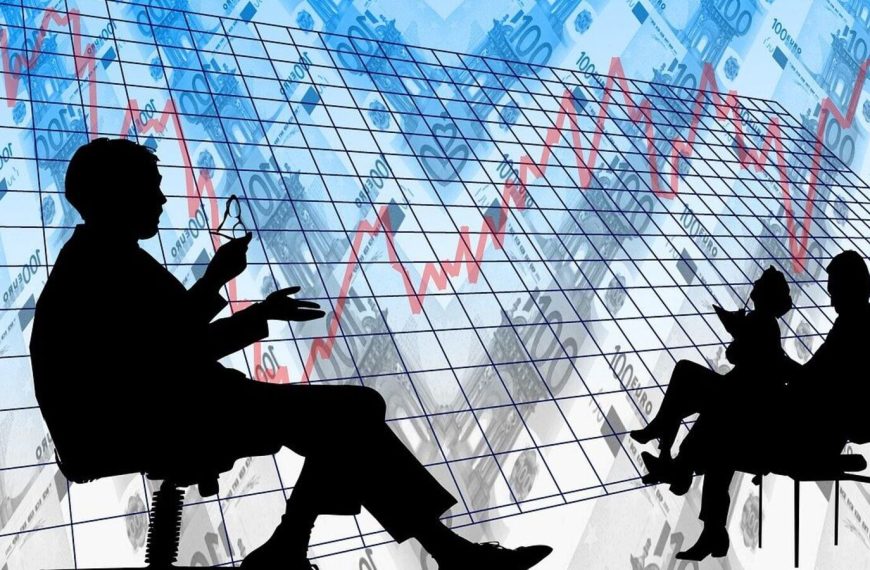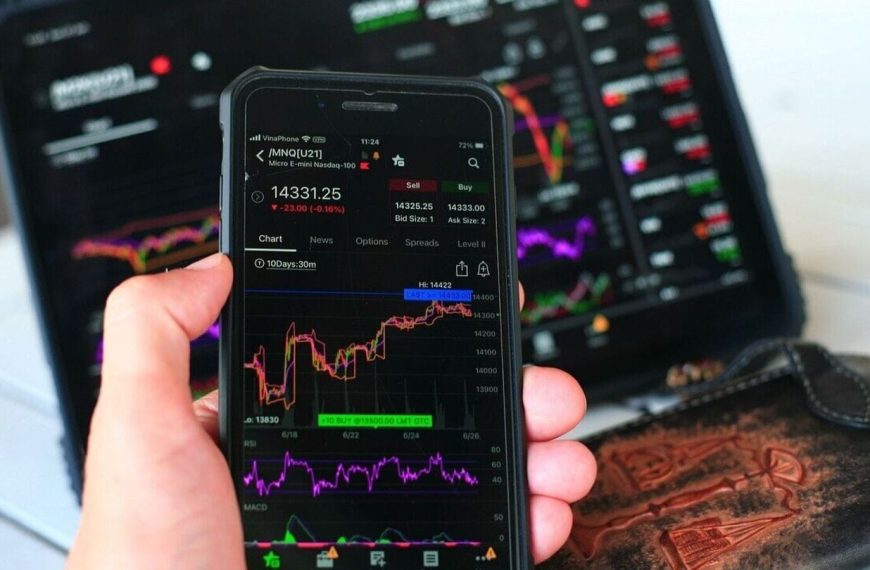President Donald Trump’s fluctuating tariffs are creating a cloud of uncertainty over the Philippine economy, overshadowing its robust fundamentals. This unpredictable trade policy is likely to make banks more cautious in their lending practices, as highlighted by Justin Robert Ladaban, the president of the Money Market Association of the Philippines. In a recent interview, he expressed concern, saying, “I haven’t encountered this level of uncertainty before.”
Tariff Turmoil and Market Volatility
Last week, global financial markets experienced a whirlwind of volatility, characterized by dramatic fluctuations in asset values. The Trump administration’s inconsistent tariff strategy—initially imposing tariffs, then retracting them for most countries, only to significantly increase them for China—has left investors feeling anxious. This environment has compelled many to seek out safer investments that can withstand the shocks to global trade.
Interestingly, the Philippines faces a potentially less severe impact from these tariffs, with a proposed 17% tariff on its exports to the U.S. being lower than those facing its Southeast Asian counterparts, such as Vietnam, Thailand, and Indonesia.
Shifting Lending Strategies Amid Economic Changes
During the COVID-19 pandemic, banks found it more advantageous to invest in bonds rather than extend consumer loans. However, Ladaban, who also leads trading at Philippine Bank of Communications, notes that the current focus has shifted. “The strategy is now more about securing spreads instead of just trading gains,” he explained. He emphasized that if banks can deploy funds effectively to generate consistent income, it opens up new avenues for lending.
- Consumer Lending Attractive: With personal income growth fueling demand for loans, the relatively low inflation rate in the Philippines makes consumer lending appealing.
- Interest Rate Cuts: The Bangko Sentral ng Pilipinas (BSP) recently cut its key interest rate by 25 basis points to 5.5%, signaling potential further reductions as inflation pressures remain subdued.
Monetary Policy Outlook
During a briefing in Manila, BSP Governor Eli Remolona stated, “While global growth is slowing, we are experiencing lower inflation compared to other regions.” This sentiment has led Ladaban to anticipate continued easing from the central bank. He noted the peso has appreciated approximately 1.6% against the dollar this year, suggesting that if this trend continues alongside controlled inflation, further interest rate cuts are likely.
Moreover, Remolona highlighted that uncertainty in the market is currently comparable to levels seen at the onset of the pandemic, even surpassing those experienced during the global financial crisis.
Concerns Over Household Debt
In its latest financial stability report, the BSP raised alarms about the increasing levels of household debt, particularly unsecured consumer loans, which could lead to potential issues with bad debts and liquidity. As the economy navigates these turbulent waters, the focus remains on finding stability while managing the risks associated with high levels of borrowing.
In conclusion, as the Philippines grapples with external pressures from the U.S. tariffs and internal challenges such as household debt, the path forward for banks and consumers alike will require careful navigation of these economic waters.











